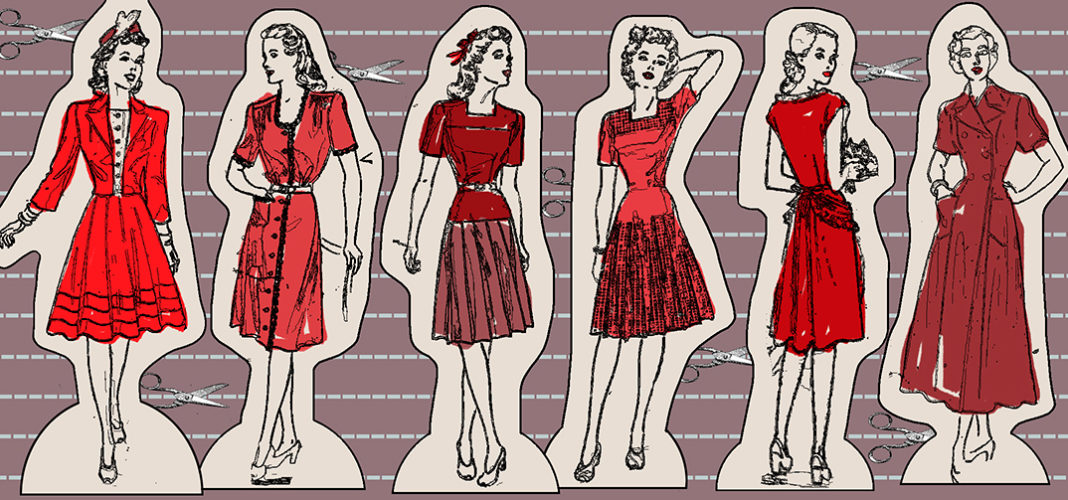It was junior year of high school when I discovered the boy I had a crush on had a crush on someone else. Heartbroken, I took to my bed. I wore one of those Lanz flannel nightgowns for days and listened to Cat Stevens on my Walkman.
After two days my mother declared she had had enough of my self-pity. Her instructions were clear: “Wash your hair, put on a nice dress and for goodness sake, put a smile on your face. You will feel so much better.” I did as I was told and of course, she was right. Finally science has caught up with what our mothers have known all along.
Appearance matters. Posture, hairstyle, clothing and attitude reveal a lot about us. This non-verbal communication is powerful and tells a story about who we are, how we relate to others and how we feel about ourselves. And it’s not superficial.
Therapists are trained to take note of a patient’s physical appearance because it conveys information about their mental health and wellbeing. Stained clothing, unwashed hair, two-inch roots and chipped nails on a patient who is usually impeccably dressed and well groomed could be a sign something is wrong. Sometimes during episodes of depression basic grooming habits such as brushing one’s teeth and taking a shower are ignored. This self-neglect is taken seriously.
Like it or not, people judge us and we judge ourselves based on our appearance. And it goes both ways. When we know we look good we also feel good.
Clothing
An often-referenced study published in the Journal of Experimental Social Psychology shows that if you wear a white coat that you believe belongs to a doctor, your ability to pay attention increases. But if you wear the same white coat believing it belongs to a painter, there is no improvement.
Clothing color has also been shown to have an effect on how we perceive ourselves. For example, wearing red boosts confidence and wearing blue is thought to be calming. Looking well-groomed and pulled together matters too.
Wearing neat, well-fitting and dressy clothes affect assessments of attractiveness, competence and confidence.
Posture
“Be as big as you are,” says Amy Cuddy, a social psychologist at Harvard. She advises women MBA students to stop crossing their legs and hunching over. Men are more comfortable physically taking up space whereas women often minimize their physical presence. When raising their hands, women tend to bend their arms at the elbow or raise a finger whereas men stick their arms straight up in the air and wave it around.
Sitting upright with two feet on the ground and outstretched arms in a high power pose will help you feel strong and confident.
So sit up straight. Stand tall. Not only will you look better, you will feel more alert and empowered.
Smile
Facial expressions reflect our moods and also affect our moods. Smiling produces a physiological feedback that makes us feel more positive, more optimistic and more motivated. And it is contagious. If we are smiling those around us will smile too. Smiling also boosts the immune system, relieves stress, and makes us look younger and more attractive.
Bottom Line: Think twice about the old adage, “it’s what’s on the inside that counts.”
This article was originally written for the Tory Burch Blog.
I wish you all the best,
Dr. Samantha Boardman






